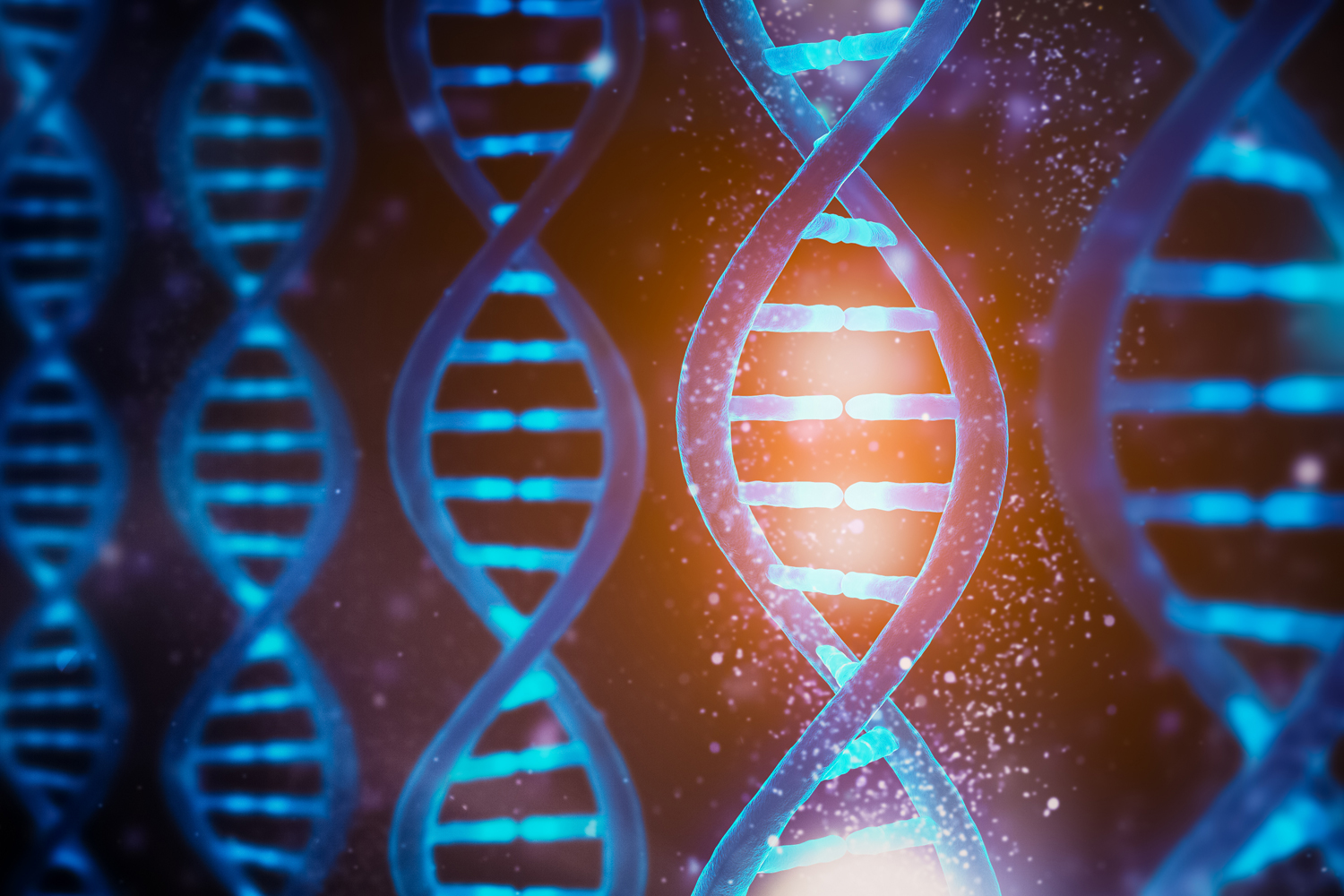
William G. Nelson, MD, PhD Photo by Joe Rubino
THE HUMAN GENOME COMPRISES more than 6 million DNA base pairs organized into 23 chromosome pairs, containing the “blueprints” for proteins encoded by some 20,000 genes. Cancer cells often arise as a result of acquired gene defects, as many as 10 to 100 or more, creating abnormal proteins that can drive the cells to proliferate uncontrollably and spread throughout the body to threaten life.
These abnormal proteins offer promising targets for the immune system to eradicate cancer cells, fueling a wave of new therapeutic anti-cancer vaccines entering clinical trials. But because the acquired gene defects in cancer cells differ substantially from case to case, regardless of the cancer type, these new anti-cancer vaccines must be personalized, that is, each individual with cancer will likely need their own unique vaccine product.
The immune system can discriminate between healthy cells and virally infected cells, host cells and cells transplanted from other individuals, and normal cells and cancer cells, all by monitoring the proteins they produce. To do so, the immune system surveys fragments of degraded proteins from within cells that are displayed on the cell surface. Fragments generated from the abnormal proteins characteristic of cancer cells allow for selective recognition and potential destruction as part of an anti-cancer immune response. Protein fragments seen by the immune system are referred to as antigens; fragments from abnormal proteins in cancer cells are termed neoantigens.
The goal of anti-cancer vaccines is to stimulate and amplify immune responses to cancer neoantigens. Because neoantigens tend to vary substantially from case to case, anti-cancer vaccines are created for clinical trials using technology platforms that allow individualization of vaccine products. The “workflow” for such a vaccine is as follows. First, DNA is recovered from a cancer biopsy, a surgical resection specimen or a blood test. The DNA undergoes sequence analysis, which delivers an inventory of defective genes producing abnormal proteins as candidate cancer neoantigens. The list of suitable cancer neoantigens will differ substantially from case to case. Next, a case-specific neoantigen vaccine must be manufactured within a few weeks to allow for timely administration to the patient.
A paper published May 10, 2023, in the journal Nature presented such an approach, highlighting its feasibility. Working with BioNTech, one of the companies that produced COVID-19 mRNA vaccines, researchers at Memorial Sloan Kettering Cancer Center in New York City collected tumor samples from pancreatic cancer surgery, conducted gene sequencing analyses, and produced personalized mRNA vaccines as part of a clinical trial. Vaccines targeting up to 20 neoantigens were successfully produced for 18 of 19 clinical trial participants within an average of nine weeks following surgery. The vaccines were administered, along with Tecentriq (atezolizumab) given to augment vaccine-induced immune responses, to 16 of the 19 subjects, with 15 going on to receive chemotherapy. Careful monitoring revealed marked neoantigen immune responses in nine of the 16 subjects vaccinated. And provocatively, these neoantigen immune responses were evident in all eight of the subjects with a beneficial treatment response but only one of eight who did not respond. The study results clearly indicated that personalized mRNA vaccines can be created for pancreatic cancers and integrated into existing treatment paradigms. The study also hinted that such vaccines could provide meaningful benefits for some patients who undergo surgery and adjuvant chemotherapy for localized disease—a promise that must be more rigorously tested in future clinical trials.
Performing DNA sequence analysis to detect defective genes has become commonplace in cancer care, ushering in an era of precision cancer medicine. Thus far, the personalization of cancer treatments has been limited to targeting abnormal proteins on cancer cells directly. Using this model, ideally the right drug can be given to the right patient at the right time. Moving forward, a new generation of treatments will use DNA sequence information to construct anti-cancer vaccines that will propel immune attacks selectively on cancer cells containing the abnormal proteins. In this way, personalized immunotherapy will provide the right vaccine to the right patient at the right time.
Cancer Today magazine is free to cancer patients, survivors and caregivers who live in the U.S. Subscribe here to receive four issues per year.





